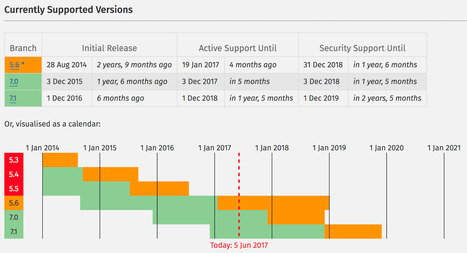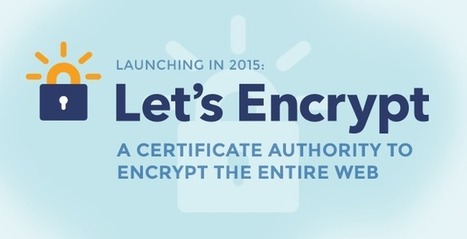Software developers found themselves working very hard throughout 2020 as many businesses were forced to switch to entirely digital operations in a very short period of time.
But according to a new report from the Consortium for Information and Software Security (CISQ), this haste came at a cost: something to the tune of $2.1 trillion, to be precise, and billions in waste
CISQ's 2020 report, The Cost of Poor Software Quality in the US, looked at the financial impact of software projects that went awry or otherwise ended up leaving companies with a larger bill by creating additional headaches for them.
According to the report,
- unsuccessful IT projects alone cost US companies $260bn in 2020,
- while software problems in legacy systems cost businesses $520bn
- and software failures in operational systems left a dent of $1.56 trillion
Now, why poor quality software cost companies more in 2020 than in previous years
As any Software Specialist and IT Architect will tell you, when it comes to software development, speed is a trade-off for quality and security.
And, time was a luxury that many businesses couldn't afford in 2020, with the pandemic forcing offices to shut and prompting rapid digitization. As companies brought forward their digital transformation plans software development projects expanded rapidly.
Also, the attitudes of most business leaders towards digital innovation are archaic, particularly when it comes to software.
"Software quality lags behind other objectives in most organizations. That lack of primary attention to quality comes at a steep cost. While organizations can monetize the business value of speed, they rarely measure the offsetting cost of poor quality."
It just takes one major outage or security breach to eliminate the value gained by speed to market. Disciplined software engineering matters when the potential losses are in trillions.
As software is being developed and used the world over more than ever before, the cost of poor software quality is rising, and mostly still hidden. Organizations spend way too much time finding and fixing defects in new software and dealing with legacy software that cannot be easily evolved and modified.
Read the original , unedited article at https://www.techrepublic.com/index.php/category/10250/4/index.php/article/developers-these-botched-software-rollouts-are-costing-businesses-billions/



 Your new post is loading...
Your new post is loading...











